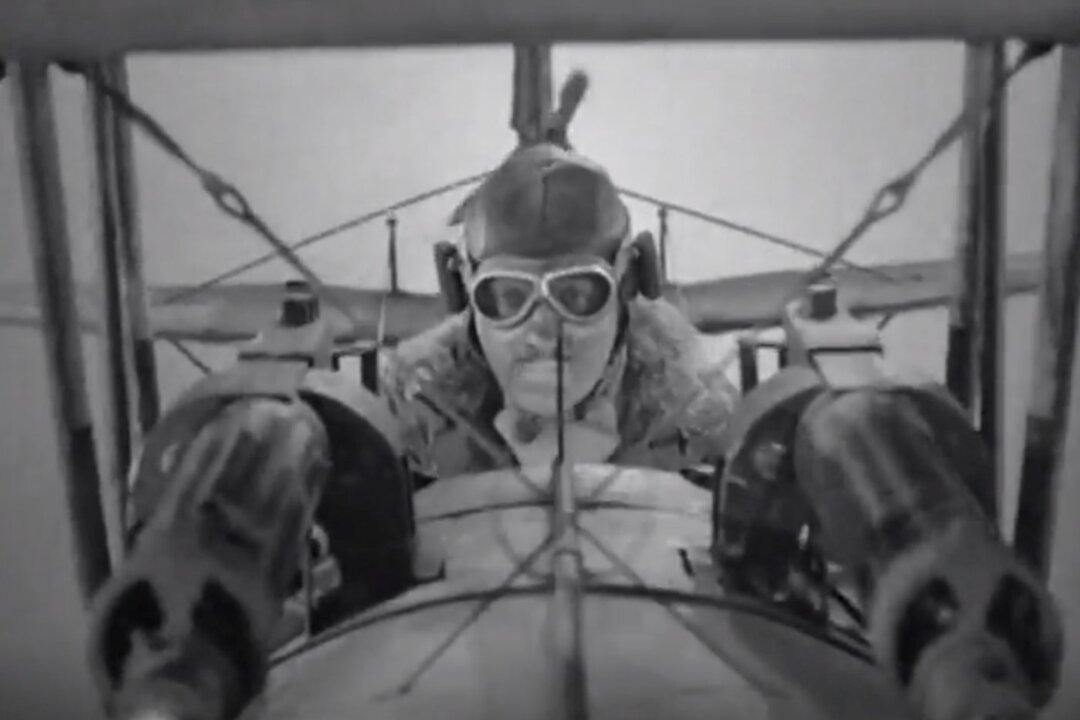Movies that cover World War I have long been overshadowed by those that are made about World War II. Why? Perhaps it’s that people find trench warfare lackluster or that the technology was too archaic when compared to the later war. Or maybe it’s just that The Great War is lodged too far back in history. Whatever the case, it’s nice to see that World War I is getting a little more cinematic attention of late, with such as the excellent 2017 film “Journey’s End” as well as 2019’s “1917.”
But what about classic movies that covered that era in warfare? After all, many of the tropes that you see in today’s war movies are based on classic films. One such movie, 1938’s “The Dawn Patrol,” directed by Edmund Goulding, is certainly one of those classics. It contains clichés that later films would borrow heavily from, such as undying loyalty to one’s fellows, unabashed patriotism, bouts of drunken camaraderie, and sustaining both intense trauma and war-weariness.






